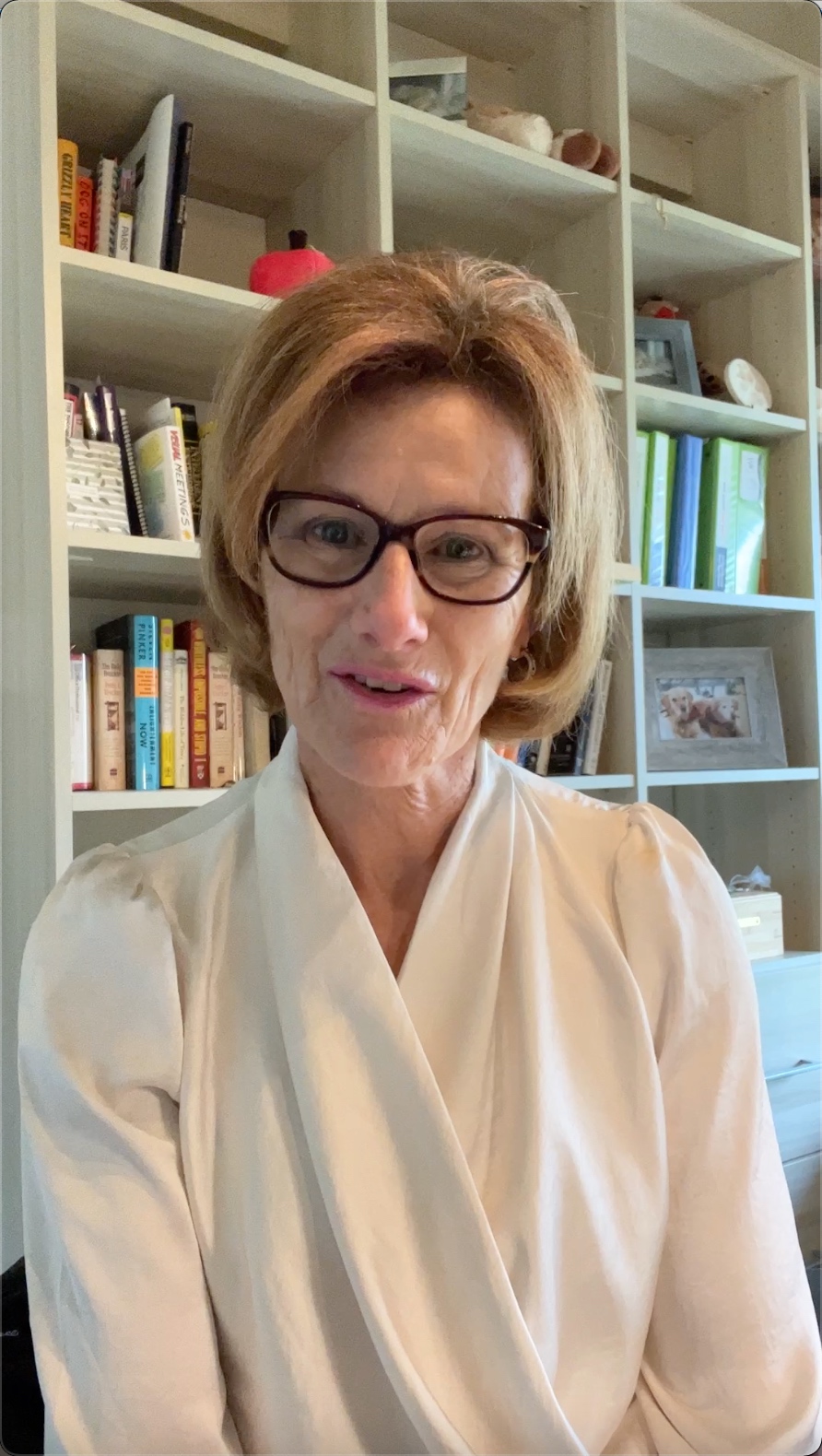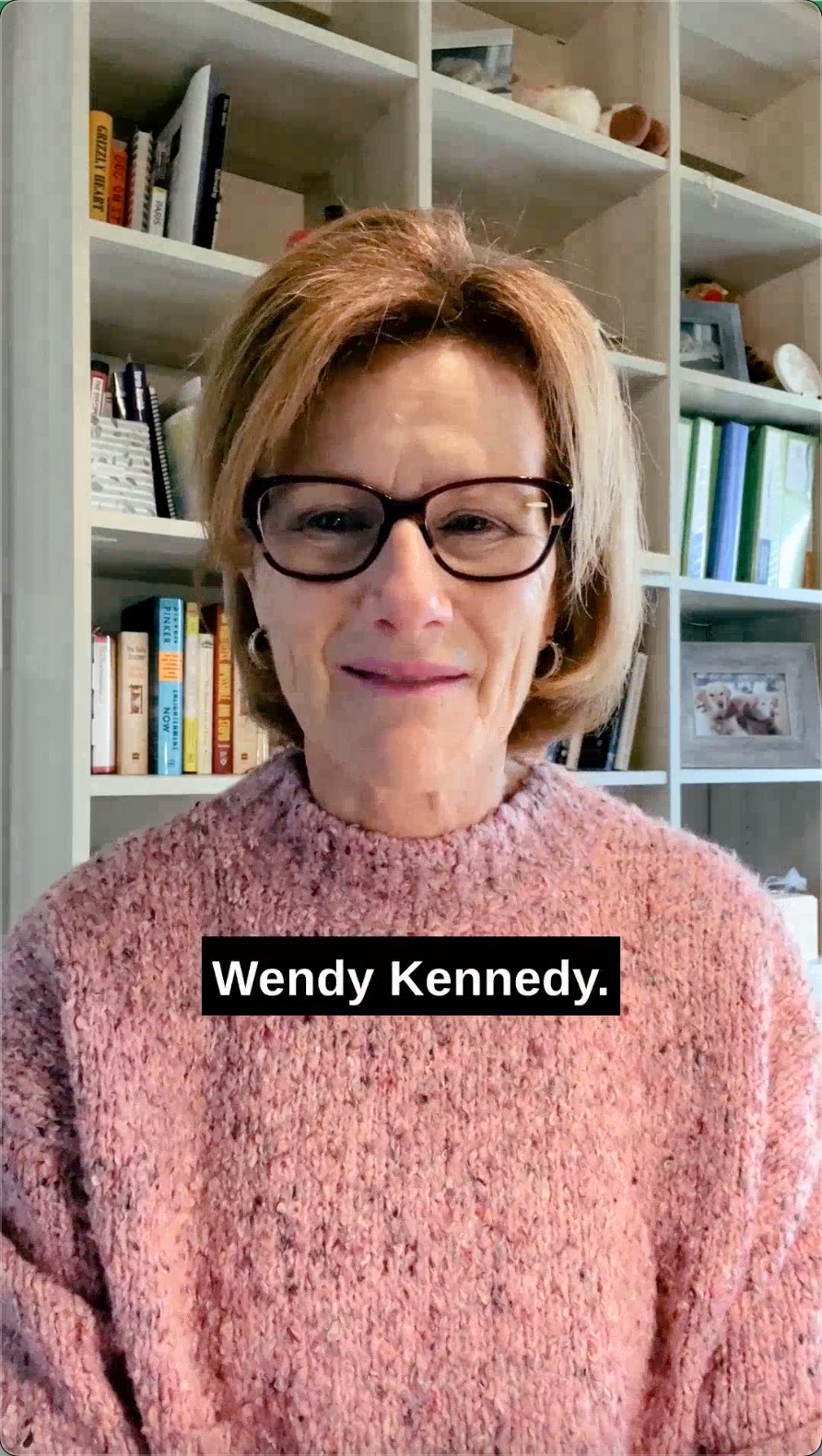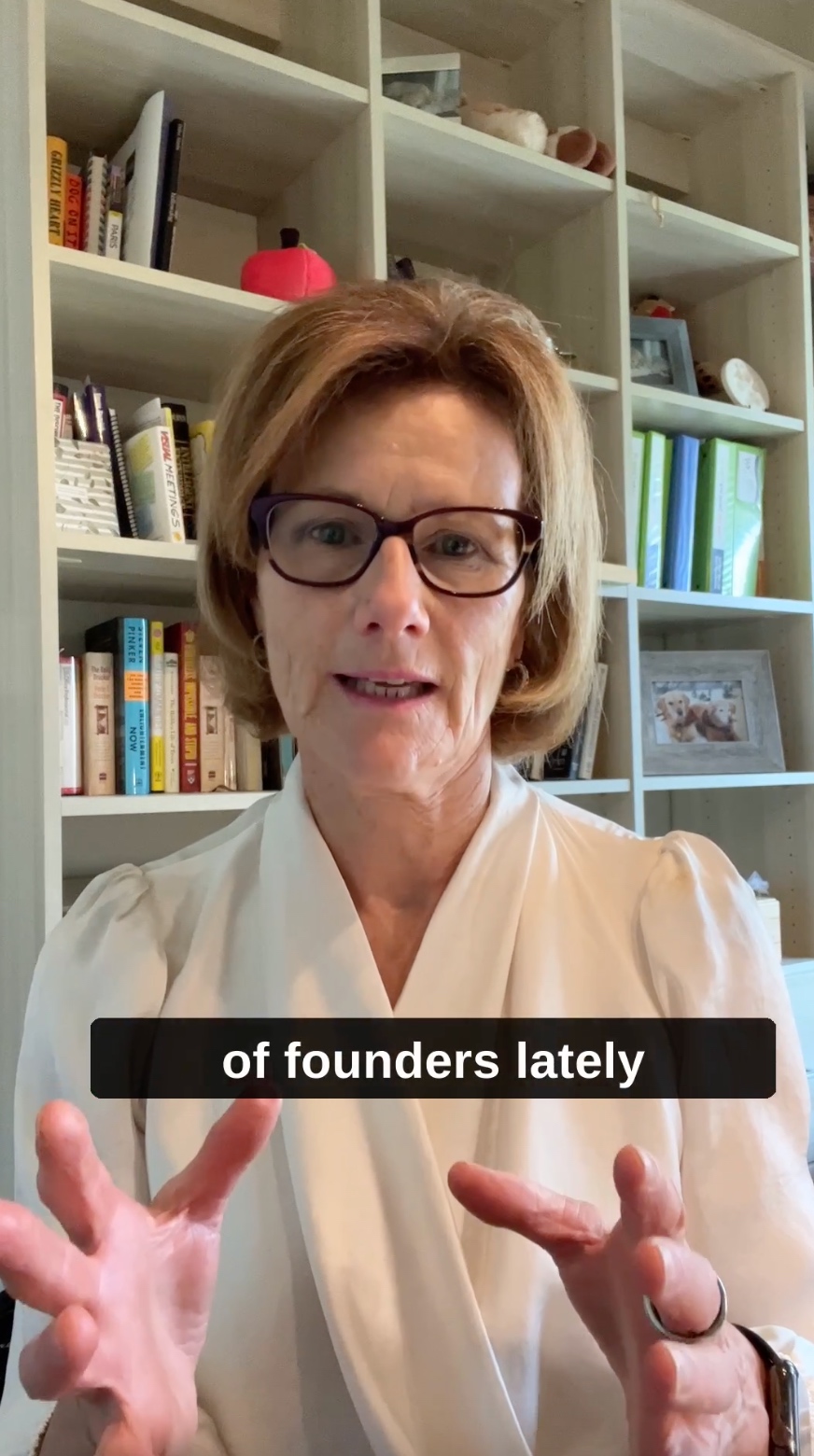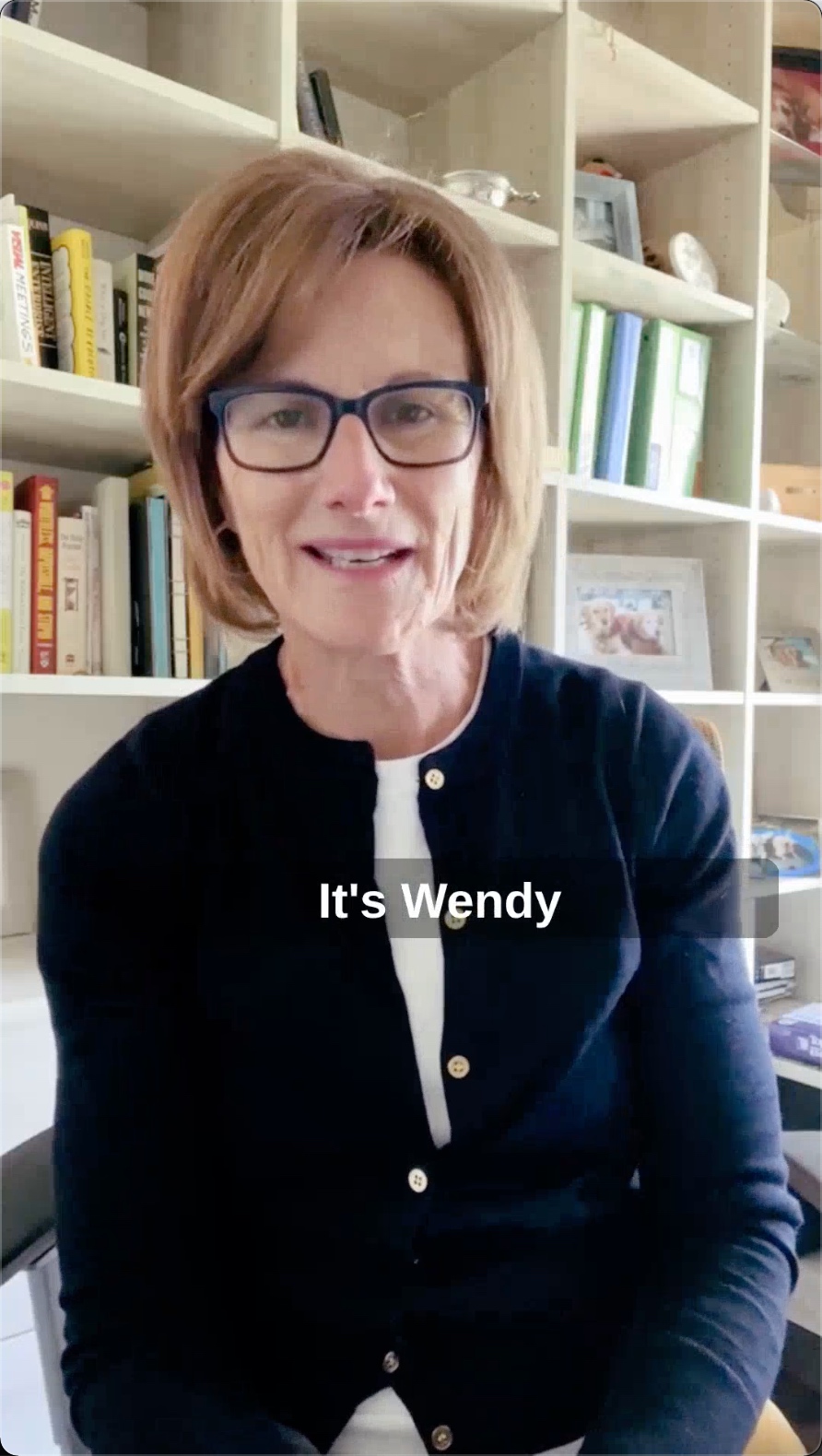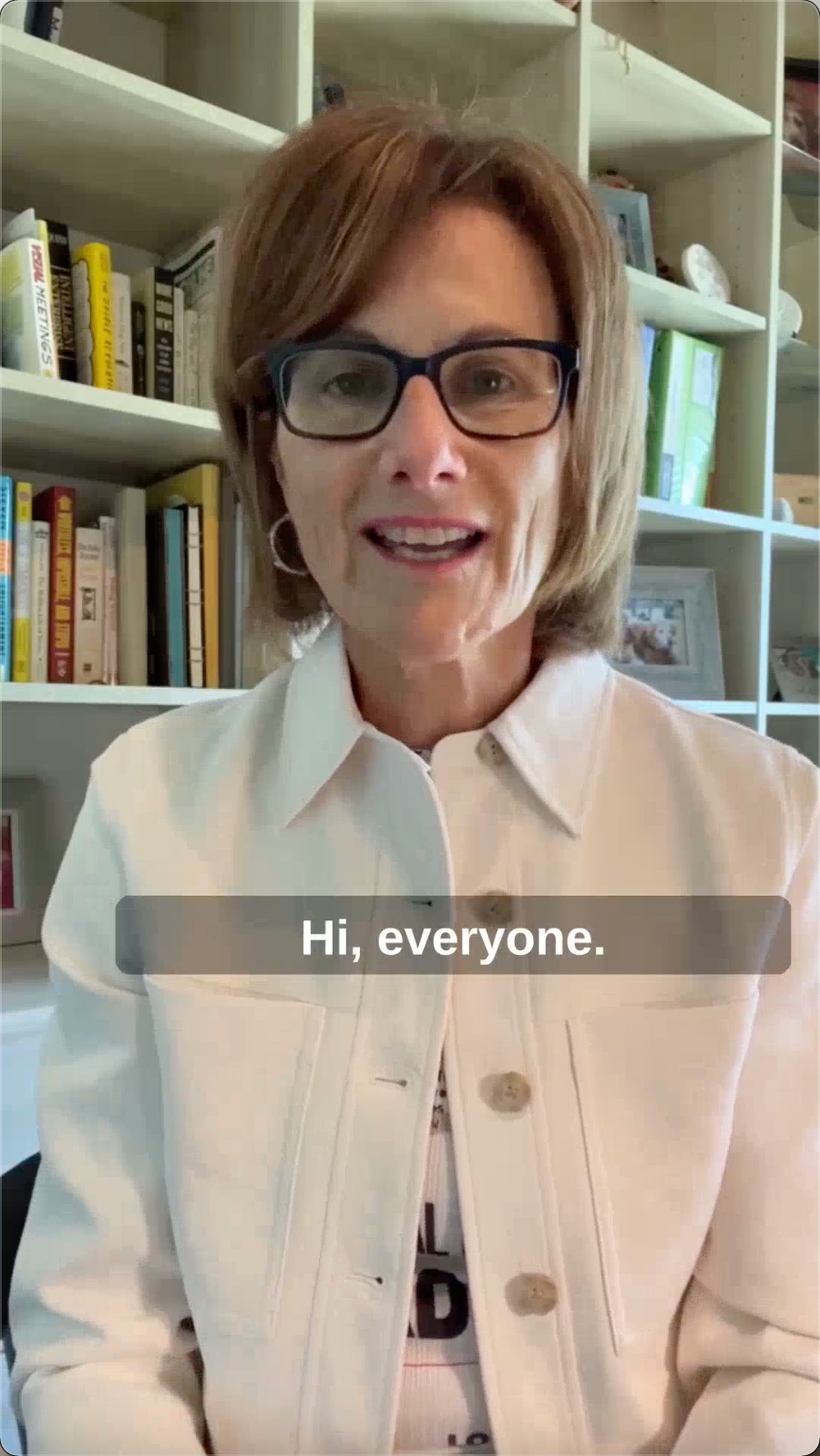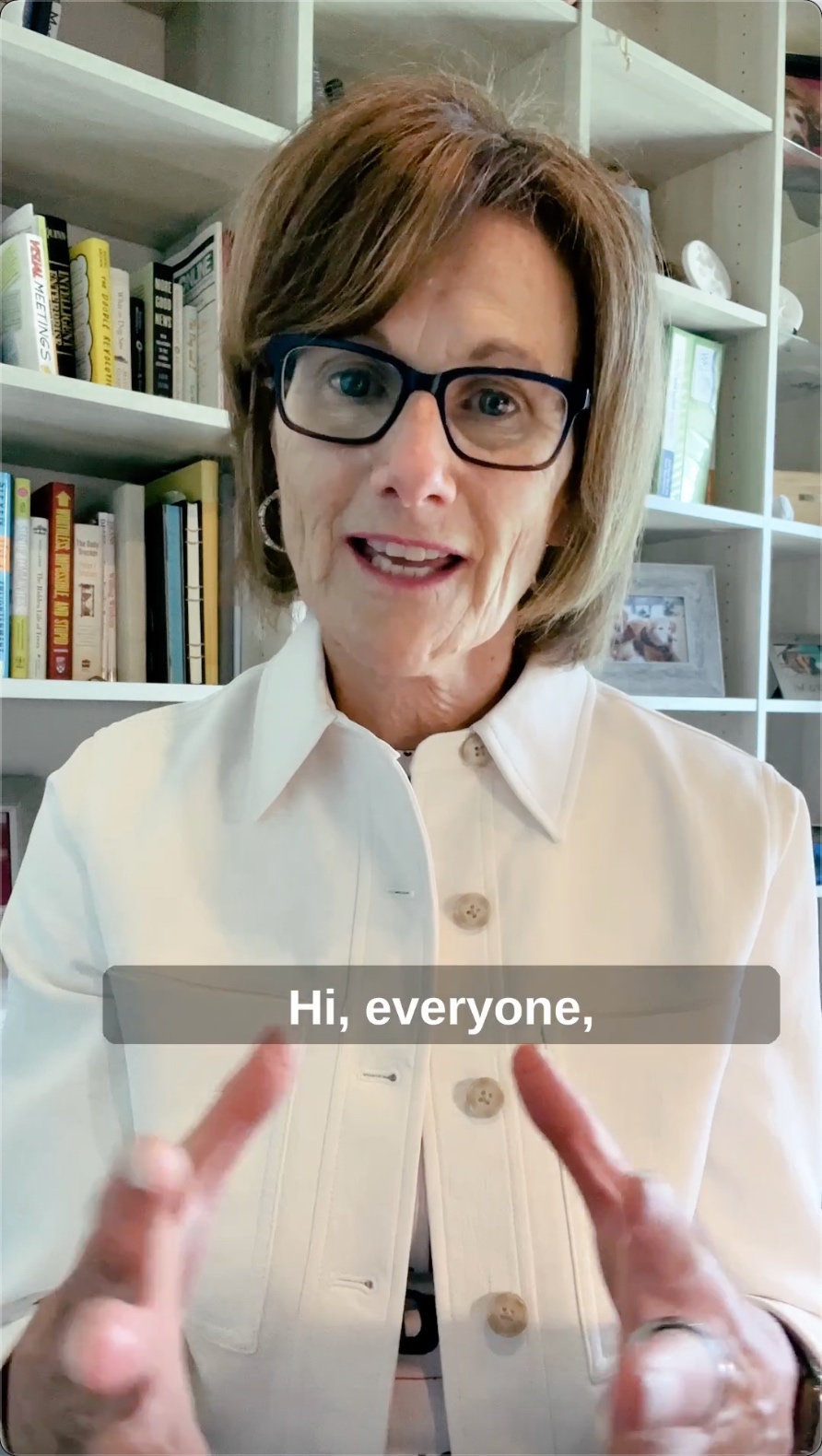Having spent my career in science and tech, I’m the first to admit I am a novice in the consumer goods space — there’s an emotional side to pitching and selling these products that I’ve never experienced.
Having said this, I’m always pleasantly surprised to see many of the business building principles of the business to business (B2B) world showcased in consumer goods ideas — WKI customers tell me that our design thinking frameworks translate across these lines seamlessly, but even so, I think there’s a different rhythm you have to sync up with in these two worlds.
Meet Holly Thaggard, founder of Supergoop sunscreen – https://supergoop.com
Holly founded Supergoop in 2006 after losing a friend to skin cancer. She started a movement of education and information to stop the epidemic of skin cancer. What began as an education campaign in public schools, turned into the creation of a new type of everyday sunscreen to replace those sticky, smelly products we’ve used for years. Holly worked with chemists and in 2006 launched her first sunscreen product that was free of parabens, oxybenzones, and also smelled and felt great. Her initial path to market was the schools, but after learning that sunscreens with SPF were categorized as an over-the-counter (OTC) drug and would require FDA approval, she shifted her focus and strategy to the retail market.
Fast forward (see the product line at supergoop.com) to 2018 and Supergoop is in Sephora stores across the country and is the maker of over 40 different sunscreen products, including ‘Unseen Sunscreen’, one of the first invisible sunscreens.
Holly’s mission to change the way the world thinks about sunscreen is stronger today than when she founded Supergoop in 2006. Have a look at her journey and success at https://supergoop.com.
Let’s shift gears now and talk about what we can learn from Supergoop, as a success story and a consumer product and how it differs from the B2B world:
- Know Your Category:
The concept of the category will make or break a new idea trying to fit into a market. This is true in B2B and it’s also (perhaps moreso) true in the B2C (business to consumer). How the category defines the space determines the rules of the game. Get up close and personal to understand the different categories of solutions in your market space and the rules to play in your category. WKI Certified Coaches invest considerable time with their founding teams helping them to create the category map for their markets. The insights they gain make it worth the effort.
- Branding is Key:
This is an understatement. You need to nail the brand for your consumer product. The brand needs to have a personality that resonates with your audience. For many B2C products, the brand image and personality can be more important than the product itself. Don’t underestimate this. In crowded market spaces like sunscreen, it’s critical. Plus, you need to have a personality in the brand that speaks to the persona of your customer. For Supergoop, the brand is fun, yet informative; equally important, the brand personality that is expressed in their marketing projects a mission – to educate the world on the importance of sunscreen Every. Single. Day. Look closely at the consumer brands you buy and you’ll see the brand promise and personality shining through.
- Have an Angle:
In the B2B world, we talk about differentiators that give you an edge. Hard core attributes that are unique. But in the B2C world, the differentiator may be in the brand and the angle that’s positioned. Supergoop talks about “changing the way the world thinks about sunscreen”. Shifting from “you wear it when you go to the beach” to “you wear it Every. Single. Day.” Suncreen that isn’t sticky and smelly but is “creamy-dreamy-invisible-irresistible.”
Don’t get me wrong, innovation can be a difference maker in B2C, but having a platform (angle) to build your brand on can give you that much needed wedge to get noticed in the market – which leads me to my next point….
- Press Matters:
Before Supergoop had traction, Supergoop’s founder got some invaluable advice through a chance meeting with one of the nation’s top beauty retailers: “You Need Press”.
For consumer products, press matters. You need to validate that the market is engaging with you and your brand – that you are rising above the noise in your category and getting noticed. Press gives you credibility. Yes, the same is true for B2B, but again, it’s a game-changer for B2C brands. Retail channels want products that can get jump off the shelves because customers see them in the press. Make press a priority – hire people that know how to do this. It’s a difference maker in consumer products.
You could make the case that these four elements matter for all company builders, but they are top priority in my mind in the consumer goods arena. Maybe in the next post, I’ll talk about the top priorities for the B2B market – let me know if you’d like to see the contrast. For those of you advising founders of consumer product ideas, I hope this inspires new conversations with these entrepreneurs.
Enjoy this sunny weather!
And wear your sunscreen

